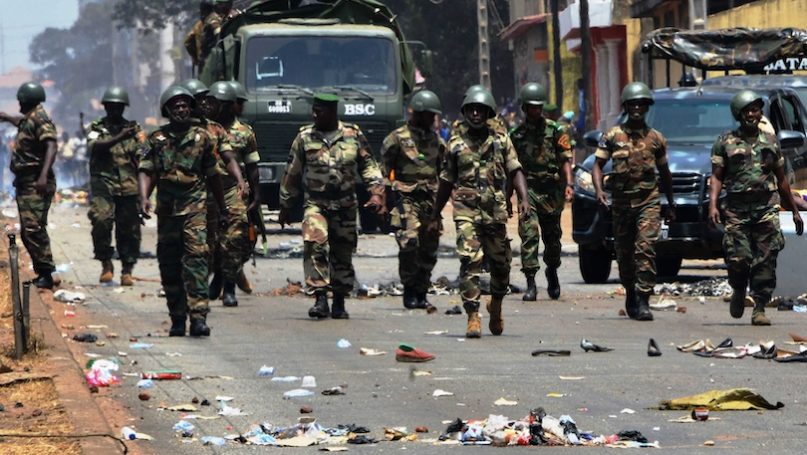
Africa’s growth is slowed down by coups and wars
A new study says that security problems have made progress less likely for almost half of the people in Africa who live in countries where governance has gotten worse over the past ten years.
According to the Ibrahim Index of African Governance study, 21 countries, which make up just under half of Africa’s population, had worse governance in 2023 than they did in 2014. This was true even though 33 countries had made progress.
According to a study released by the foundation of Sudanese-British billionaire Mo Ibrahim, overall governance got worse in many countries in the second half of the decade. This included Uganda and Nigeria, which have very dense populations.
“We can see really a huge arc of instability and conflicts and this deterioration, and security and safety of our people, is the biggest driver of deterioration and governance…putting everything down in general,” Ibrahim told Reuters in a chat.
Ibrahim brought up the coups in West Africa and the war in Sudan, but he also said that bad government led to violence and chaos.
“If there is deterioration on governance, if there is corruption, if there is marginalization…people are going to pick up arms,” he stated.
The study found that for about 95% of Africans, infrastructure (like cell phone access and energy) and women’s rights were better in 2023.
Health, schooling, and the business climate had also gotten better across the continent.
But the study found that the public had a negative view of progress, even when the corresponding governance aspects showed progress. All public perception indicators went down except those that tracked women’s leadership.
The biggest drops were in how people felt about job prospects and safety and security.
The foundation said this might be because people have higher hopes for countries that are making progress and also because we tend to focus on the things that aren’t working.
However, Ibrahim said it was a big issue.
“If public dissatisfaction is high, that obviously can lead to unrest, it can lead to increased migration, conflicts,” he noted.
All Categories
Recent Posts
Tags
+13162306000
zoneyetu@yahoo.com


